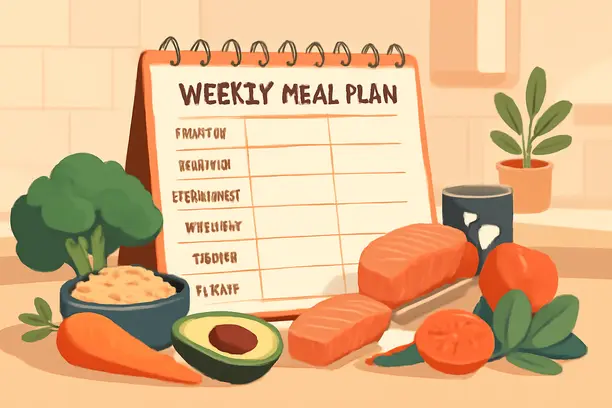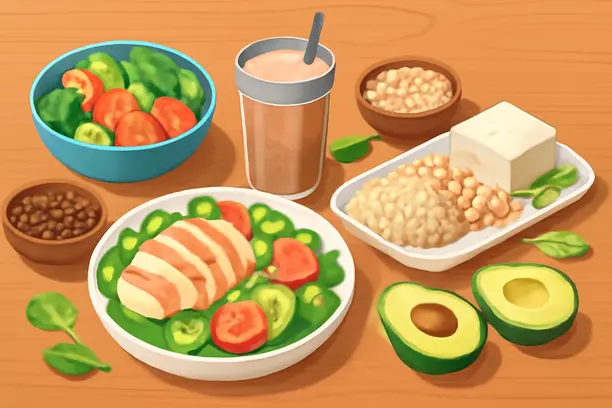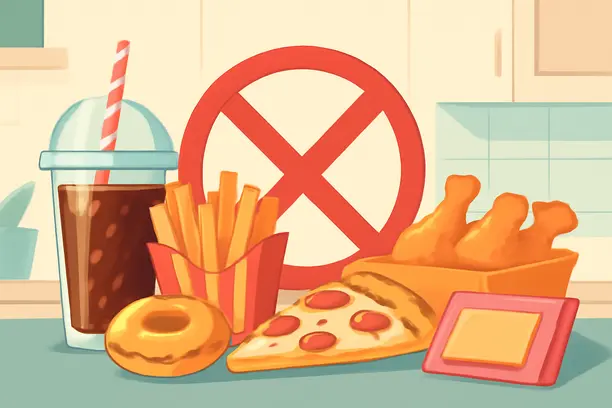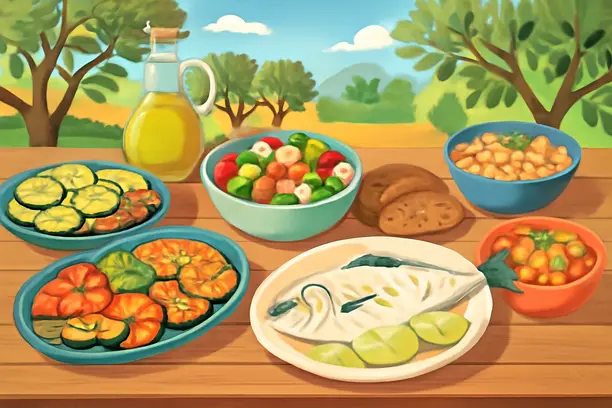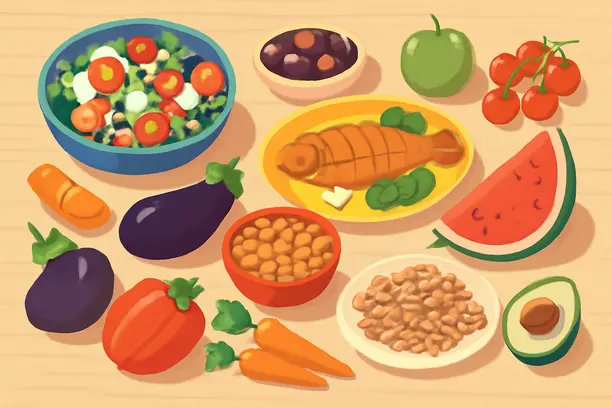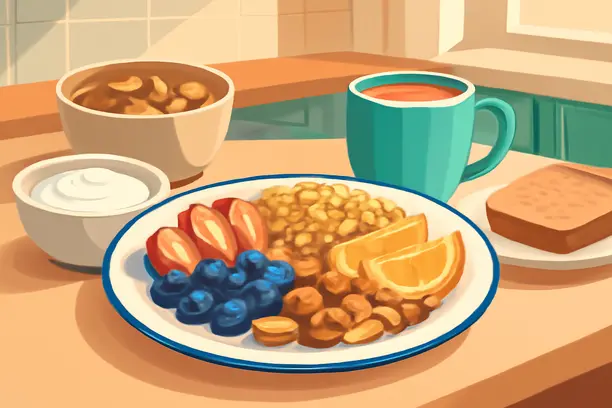Simple 7‑day printable weekly meal plan (template + sample week)
Easy weekly meal plan ideas can truly transform your evenings from chaotic to calm in the first few days. Plan once on Sunday and enjoy the relief of knowing balanced, delicious meals are always ready—no more dinnertime panic or unhealthy takeout.

